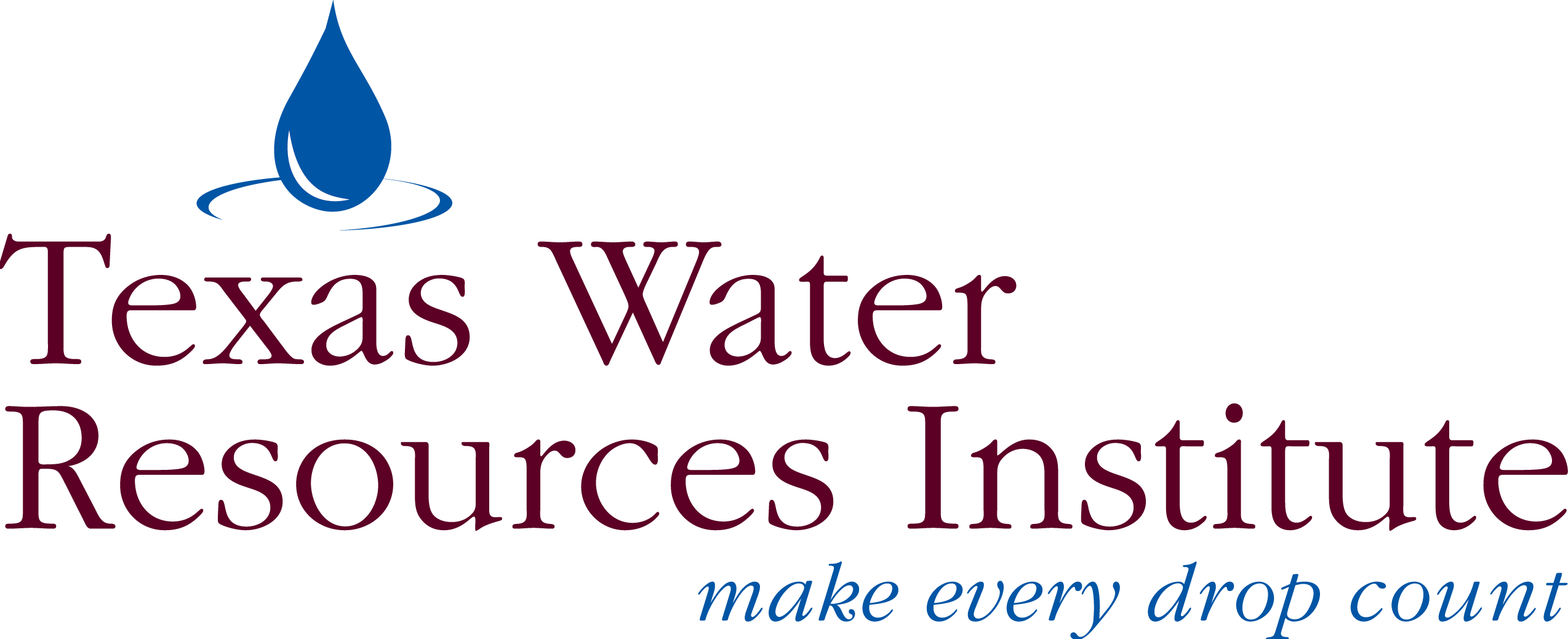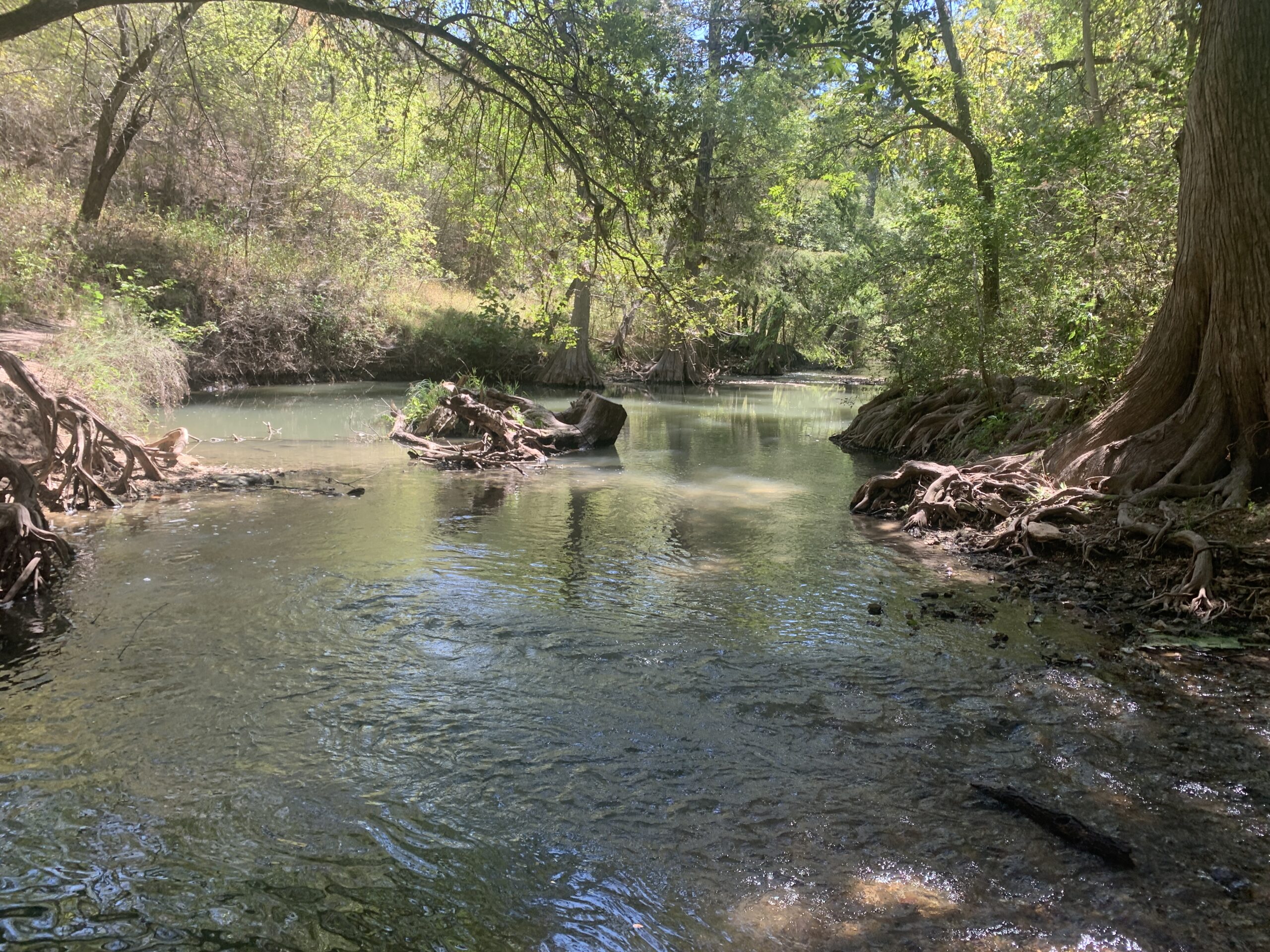The Texas Water Resources Institute, TWRI, invites local stakeholders to a public meeting to discuss the next steps for the Medina River Below Medina Diversion Lake Watershed Protection Plan (WPP) on Oct. 16 in Castroville.
The free public meeting will be from 1-3 p.m. at the Braden Keller Community Center, 1410 Amelia St, in Castroville.
The U.S. Environmental Protection Agency (EPA) recently accepted the WPP for the Medina River below Medina Diversion Lake as meeting EPA guidelines for watershed-based plans. The plan outlines a strategy to implement management measures that will help improve and protect water quality in the watershed.
“Acceptance of the plan is a result of collaboration between watershed stakeholders, the San Antonio River Authority, and Texas A&M AgriLife and TWRI,” said Tina Hendon, TWRI program specialist. “Local residents, agricultural producers, business and industry representatives, city and county personnel and other interested parties provided valuable input for development of the plan.”
With EPA’s recent acceptance, this meeting will focus on building momentum for implementation and will highlight the role of community partners in supporting healthy landscapes and clean water.
Meeting highlights
The agenda includes updates on social media engagement, outreach successes and challenges, and upcoming workshops and events from TWRI staff. Stakeholders will also be invited to provide feedback on outreach needs and to participate in the design of a new Medina River WPP logo, ensuring the plan has a clear identity that reflects the community it serves.
Guest presentations will feature:
- Nathan Glavy, technical director, Greater Edwards Aquifer Alliance (GEAA), discussing GEAA support of local efforts and their “Building Healthy Landscapes” workshop.
- Kason Haby, technical assistance specialist, Texas Grazing Lands Coalition covering soil health and grazing land stewardship practices that benefit both producers and water quality.
- Lee Albee, owner and rancher, Southwest Farms, discussing generative agriculture on his operation and the services available to local producers.
“Implementation is about more than just projects — it’s about people and partnerships,” said Mary Michael Zahed, TWRI program specialist. “This meeting is a chance for stakeholders to see how local organizations and producers are putting conservation into practice and to help shape the future of the watershed.”
Funding for this effort is provided through a federal Clean Water Act Section 319(h) grant from the U.S. Environmental Protection Agency, administered by the Texas State Soil and Water Conservation Board.
TWRI is a Texas A&M AgriLife Research unit that brings together expertise from across The Texas A&M University System. For more information, contact Zahed at mary.lipfordzahed@ag.tamu.edu or 979-314-8092. Read more about the watershed at medina.twri.tamu.edu.



